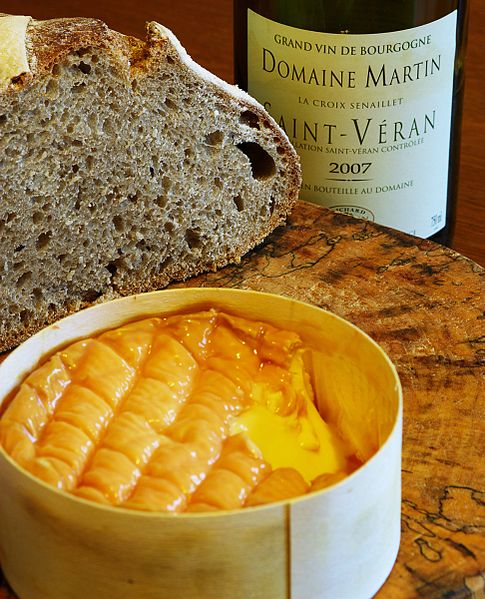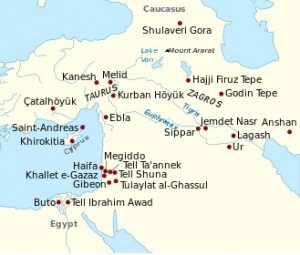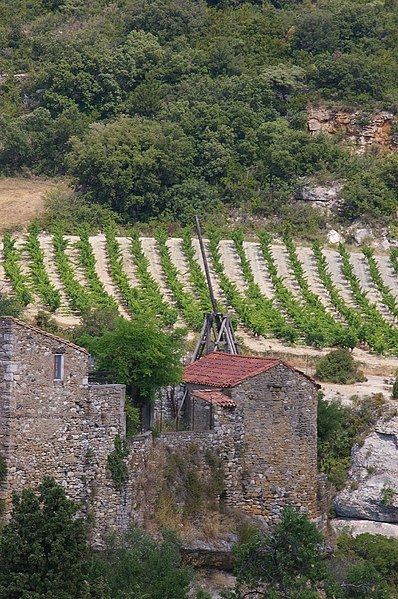Today was a gorgeous 69 degree (20.6°C) day in Paris. In my old stomping grounds of Seattle, it was mostly sunny and 52°F (11°C). There is no doubt that Spring is on our doorsteps.

I’m going to be apartment hunting over these next few weeks looking for a permanent place to call home. A big priority for the wife and I will be to find a flat with plenty of natural light. My Parisian dream is to curl up on the couch with a good book in the afternoon light with the ambient sounds of the city below.
Even though I’ve got around 20 boxes of books currently on a boat, I’m always on the lookout for more. With that, let’s take a look at a few recent releases that intrigue me.
Cheese Beer Wine Cider: A Field Guide to 75 Perfect Pairings by Steve Jones and Adam Lindsley (Flexibound released March 19, 2019)
Now that I’m in the land of a 1000 cheeses, I feel like this is a subject that I need to bone up on.
I already own Steven Jenkins’ Cheese Primer which is kind of like The Wine Bible of cheese. It’s a great book that I wholeheartedly recommend but it is a bit dense (576 pages) and likely outdated (1996).
While Jenkins’ book does touch a little on wine pairing, I’m very intrigued at Jones & Lindsley new work offering more of a pairing focus across a variety of beverages. This could come in handy as I start using the SpitBucket Instagram page to catalog my quest to try as many new cheeses as I can.
Tears of Bacchus: A History of Wine in the Middle East and Beyond by Michael Karam, Editor (Hardcover released March 1, 2019)

Archeological sites where evidence of ancient wine and olive oil making have been found.
I was a history geek long before I was a wine geek, so anything with the words “wine” and “history” in the title is sure to capture my excitement. Two of my all-time favorite wine history books are Hugh Johnson’s Vintage (sadly no longer in print) and Patrick McGovern’s Ancient Wine: The Search for the Origins of Viniculture.
Both of those books devote chapters to the viticultural history of the Middle East (more so in McGovern’s work) but as part of a greater overview of wine history.
What’s intriguing about Karam’s work is the specialized focus on wine from the cradle of civilization. He certainly has the background and pedigree after previously contributing Middle Eastern sections in both the Oxford Companion to Wine and The World Atlas of Wine as well as authoring Wines of Lebanon.
Languedoc-Roussillon (Guides to Wines and Top Vineyards) by Benjamin Lewin MW (Paperbook released March 10, 2019)

Vines in the Minervois region of the Languedoc.
This is the latest offering in Master of Wine Benjamin Lewin’s fabulous series of French wine guides. I can not rave enough about Lewin’s work and have already bought several in this series.
They are all under $10 ($7.99 for Kindle) and easily digestible at 112 (Wines of Alsace) to 182 pages (Wines of Burgundy).
But don’t let their slim size fool you. These books are chockful of great details that both wine geeks and newbies will find worthwhile. They not only give you a feel for the land and key producers but are particularly invaluable for anyone planning to visit these regions. I got immense use out of the Burgundy book during my trip there last year which sold me on this entire series.
Beyond travel plans, anyone who is studying for French wine certification is well advised to take a look at Lewin’s books. You won’t find a better value among study materials.
Red & White: An unquenchable thirst for wine by Oz Clarke (Hardcover release March 26, 2019)

Oz Clarke
Oz Clarke is a legendary wine writer who is highly regarded for his wit and highly personable presentation style. His latest offering tackles the changing dynamics of the wine world today. This includes chapters on Portugal’s growth out of the shadows of Port, the impact of climate change on the “cool climate” regions of Germany, Austria and Switzerland, England’s growing sparkling wine industry and more.
While not necessarily a buying guide–at 656 pages–Red & White features several of Clarke’s buying tips and favorite producers.

 Summer’s coming which for me brings visions of lounging in the sun with a nice glass of rosé and something geeky to read.
Summer’s coming which for me brings visions of lounging in the sun with a nice glass of rosé and something geeky to read.